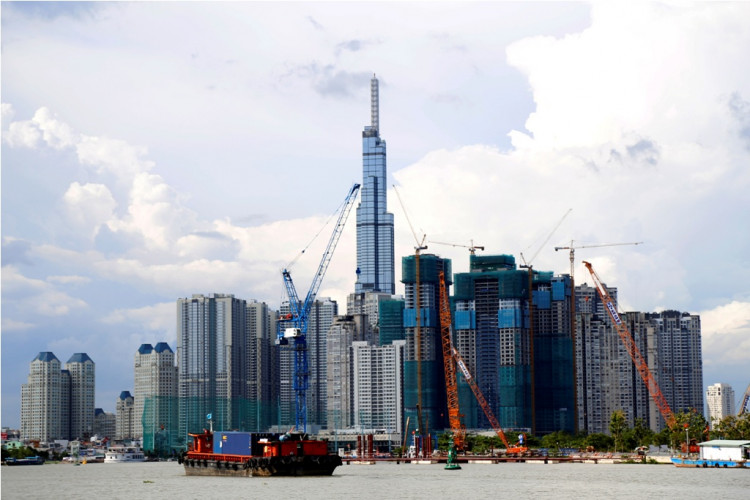Vietnam has been forecasted to become Southeast Asia's (SEA) third largest urban market in the region come the year 2030. The forecast was based on the latest consumer number data as more Vietnamese transition to urban spending.
According to Nhan Dan Online, Euromonitor International's Income and Expenditure Research Manager, An Hodgson, said Vietnam's fast transition towards urbanization will help drive the country towards commercial success within the next 10 years.
In the market research group's May report, it was indicated that Vietnam is currently SEA's fifth-biggest urban market based on total spending and the numbers are expected to grow further amid the China-U.S. trade war.
Euromonitor International further suggested in the report that Vietnam will be home to 17 million middle-class households within the next decade. The growing number of communities moving to the middle-class income status is expected to promote further urbanization.
"The essence of a middle-class consumer is the ability to spend on discretionary items," Hodgson noted. However, she noted that Vietnam's rural spending should not be taken for granted as well since rural communities are expected to spend around $173 billion by 2030.
Hodgson pointed out that entrepreneurs should look into the possibilities that the aging population has to offer since they will make up a large chunk of the urban population in the coming decade.
Furthermore, the Vietnamese market is expected to benefit largely from the ongoing China-U.S. trade row. Analysts believe that with added interest in Vietnam, urbanization will be a major driver in economic growth.
During the weekend, it was revealed that the Institute of Chartered Accountants in England and Wales' Economic Insight: South East Asia report indicated that Vietnam will expand by 6.7 percent this year.
The numbers are slightly lower than last year's 6.8 percent growth but the report highlighted the fact that the prediction is the fastest in the SEA countries' expansion forecasts.
The report further revealed that foreign direct investments (FDI) will help drive the economy as more foreign investors set their eyes away from the China-U.S. trade war's consequences.
Late last month, a DBS Bank report also predicted that the Vietnamese economy has the capacity to overtake Singapore in 10 years if it retains growth around 6.7 and 6.8 percent for one decade annually.
Economists believe that if Vietnam continues to transition to a more urban-centric economy, growth targets will be reached and more people will climb to the middle-income status.
On the other hand, some experts noted that the Vietnamese government should implement reforms necessary to drive the country to urbanization and economic growth as hopes remain high for what could be an Asian tiger awakened.






